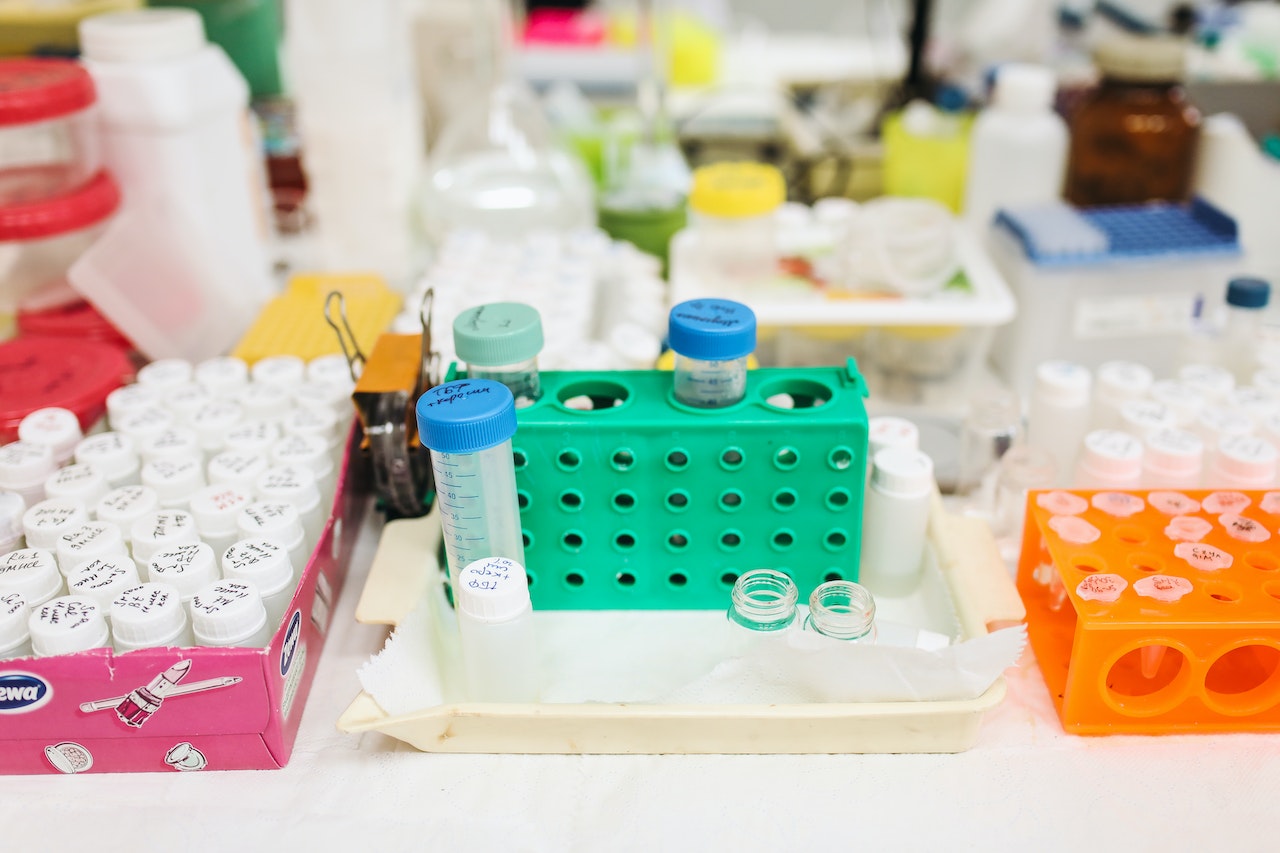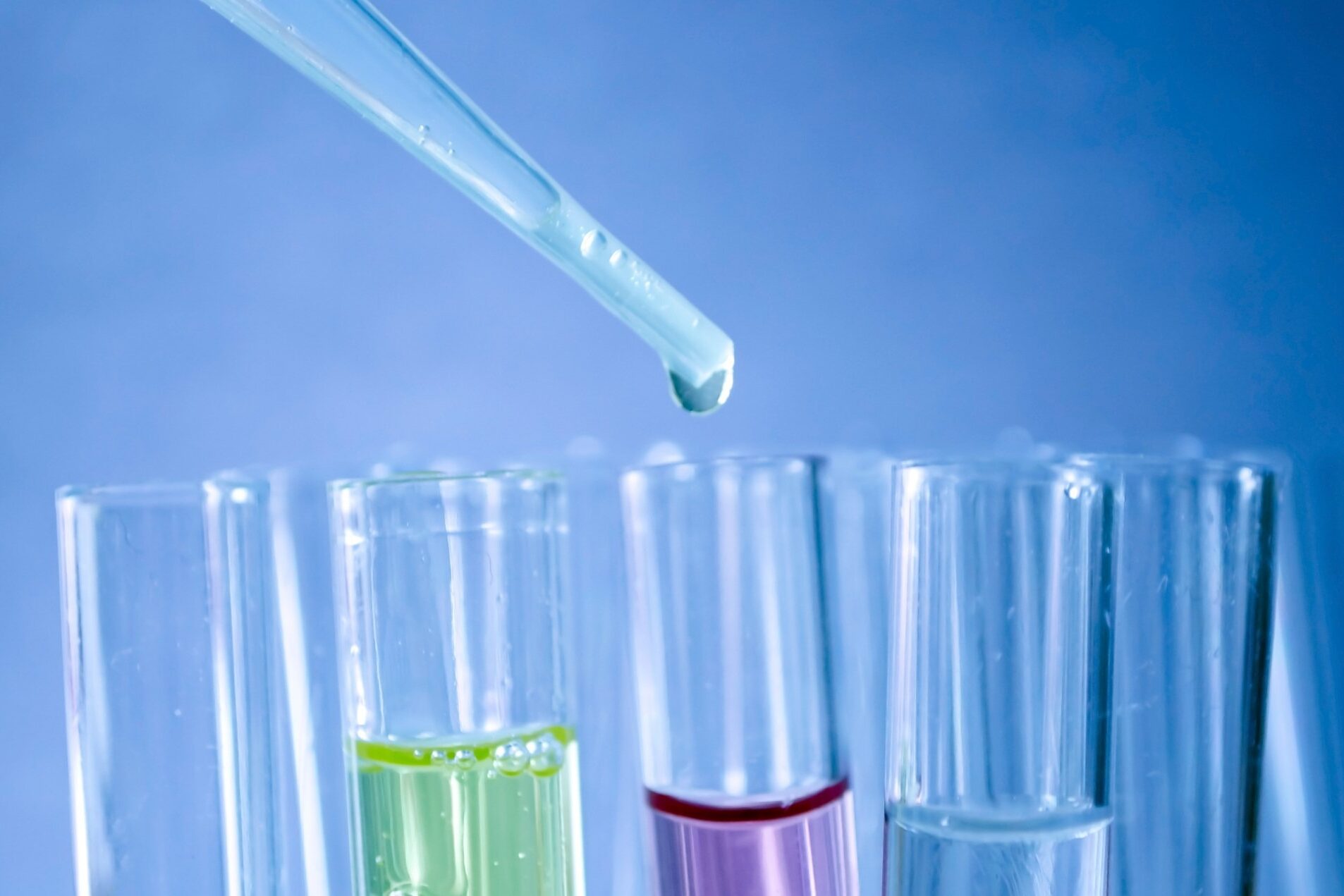Addiction is a complex and devastating disease that affects individuals from all walks of life. It can cause significant harm to physical and mental health, strain relationships, and hinder personal growth. In the journey towards recovery, drug testing plays a vital role in ensuring a successful and lasting rehabilitation process. This blog explores the importance of drug testing and highlights four key benefits for individuals battling addiction.
1. Accountability and Motivation
One of the primary benefits of drug testing in recovery is the establishment of accountability and motivation. Regular drug testing creates a sense of responsibility and encourages individuals to remain clean. Knowing that they are being tested can serve as a powerful deterrent, helping them resist the temptation to relapse. By providing concrete evidence of their commitment to sobriety, drug testing helps individuals stay focused on their recovery journey.
2. Early Detection of Relapse
Relapse is a common and challenging hurdle in the recovery process. However, early detection can significantly improve the chances of successful intervention. Administering 10 panel drug tests or other multi-panel drug tests allows for the early identification of relapse, enabling individuals to address the issue promptly. By detecting warning signs and triggers, drug testing allows individuals to reevaluate their treatment plan, seek additional support, and make necessary adjustments before the relapse progresses.
3. Reinforcing Treatment Programs
Drug testing serves as a valuable tool in reinforcing the effectiveness of treatment programs. It provides tangible evidence of an individual’s progress and adherence to program guidelines. Regular testing not only validates an individual’s commitment to recovery but also helps treatment providers assess the effectiveness of their intervention strategies. Positive drug test results can be celebrated as milestones, while negative results can highlight areas for improvement and tailor treatment plans accordingly.
4. Rebuilding Trust and Restoring Relationships
Addiction often damages trust and strains relationships with loved ones. Drug testing can play a crucial role in rebuilding trust and restoring these connections. Consistent testing demonstrates an individual’s commitment to sobriety, providing tangible evidence of their efforts to change. By being transparent about the testing process, individuals can reassure their loved ones that they are actively working towards a healthier future. Over time, drug testing can help repair damaged relationships and rebuild trust that was eroded during the addiction period.
 Drug testing is a vital component of the recovery process for individuals battling addiction. By promoting accountability and motivation, drug testing helps individuals stay on track towards sobriety. Early detection of relapse allows for timely intervention, preventing a setback in the recovery journey. Additionally, drug testing reinforces treatment programs by providing evidence of progress and adherence to guidelines. Lastly, drug testing aids in rebuilding trust and restoring relationships, ultimately fostering a supportive environment for successful recovery.
Drug testing is a vital component of the recovery process for individuals battling addiction. By promoting accountability and motivation, drug testing helps individuals stay on track towards sobriety. Early detection of relapse allows for timely intervention, preventing a setback in the recovery journey. Additionally, drug testing reinforces treatment programs by providing evidence of progress and adherence to guidelines. Lastly, drug testing aids in rebuilding trust and restoring relationships, ultimately fostering a supportive environment for successful recovery.
For the most part, drug testing, when integrated with compassionate treatment, creates a solid foundation for lasting sobriety and a brighter future in the journey towards recovery.
- Tailored Drug Testing: While standard drug tests often focus on detecting common substances like marijuana, cocaine, opioids, and amphetamines, specialized drug tests can be tailored to detect specific substances based on an individual’s history of drug use. This personalized approach allows treatment providers to monitor and address the particular substances that pose the most significant risk to the individual’s recovery.
- Innovative Testing Methods: Traditional drug testing methods, such as urine tests, have limitations in detecting certain drugs and have a narrow window of detection. However, advances in drug testing technology have introduced alternative methods like hair testing and oral fluid testing. Hair testing can provide a longer detection window (up to 90 days) and is particularly useful for chronic substance use monitoring.
- Drug Testing for Prescription Medications: Addiction can also stem from the misuse of prescription medications. Implementing drug testing protocols that include the detection of prescription drugs can help identify cases of prescription drug abuse and facilitate appropriate interventions. It’s important to note that drug tests can differentiate between legitimate medical use and misuse of prescription medications.
- Drug Testing in High-Risk Professions: For individuals in high-risk professions, such as healthcare workers, pilots, and law enforcement officers, drug testing is not only a crucial component of their recovery but also an essential aspect of public safety. Regular drug testing can be mandated as part of their occupational requirements to ensure that they are fit to perform their duties safely.
- Randomized Drug Testing: While scheduled drug tests can be effective, randomized drug testing can add an extra layer of accountability. Random testing can catch individuals off guard, reducing the possibility of manipulation or deception and providing a more accurate representation of their commitment to recovery.
- Use of Drug Testing in Court-Mandated Programs: Drug testing is often incorporated into court-mandated addiction treatment programs and probation. It helps the legal system ensure compliance with treatment orders and provides evidence of progress for the court’s consideration when making decisions about the individual’s case.
- Drug Testing for Different Levels of Care: Drug testing is employed at various levels of addiction treatment, from residential or inpatient programs to outpatient settings. Each level of care has different requirements for drug testing frequency and protocols, tailored to the individual’s progress and treatment plan.
- The Role of Supportive Therapeutic Alliances: Drug testing, when incorporated within a supportive and non-punitive therapeutic alliance, can foster trust between the individual in recovery and their treatment providers. This collaboration helps the individual feel understood and supported throughout the recovery journey.
- Ethical Considerations: It’s essential for drug testing procedures to adhere to ethical guidelines, ensuring privacy, confidentiality, and informed consent. A balance must be struck between promoting accountability and preserving the individual’s dignity and autonomy during the recovery process.
- Emerging Technologies in Drug Testing: As technology continues to advance, new methods of drug testing may become available. For instance, research is ongoing into the development of biosensors that can detect drug use through wearable devices, providing real-time monitoring and feedback for individuals in recovery.







